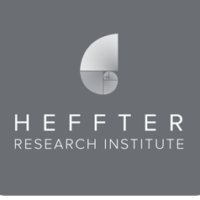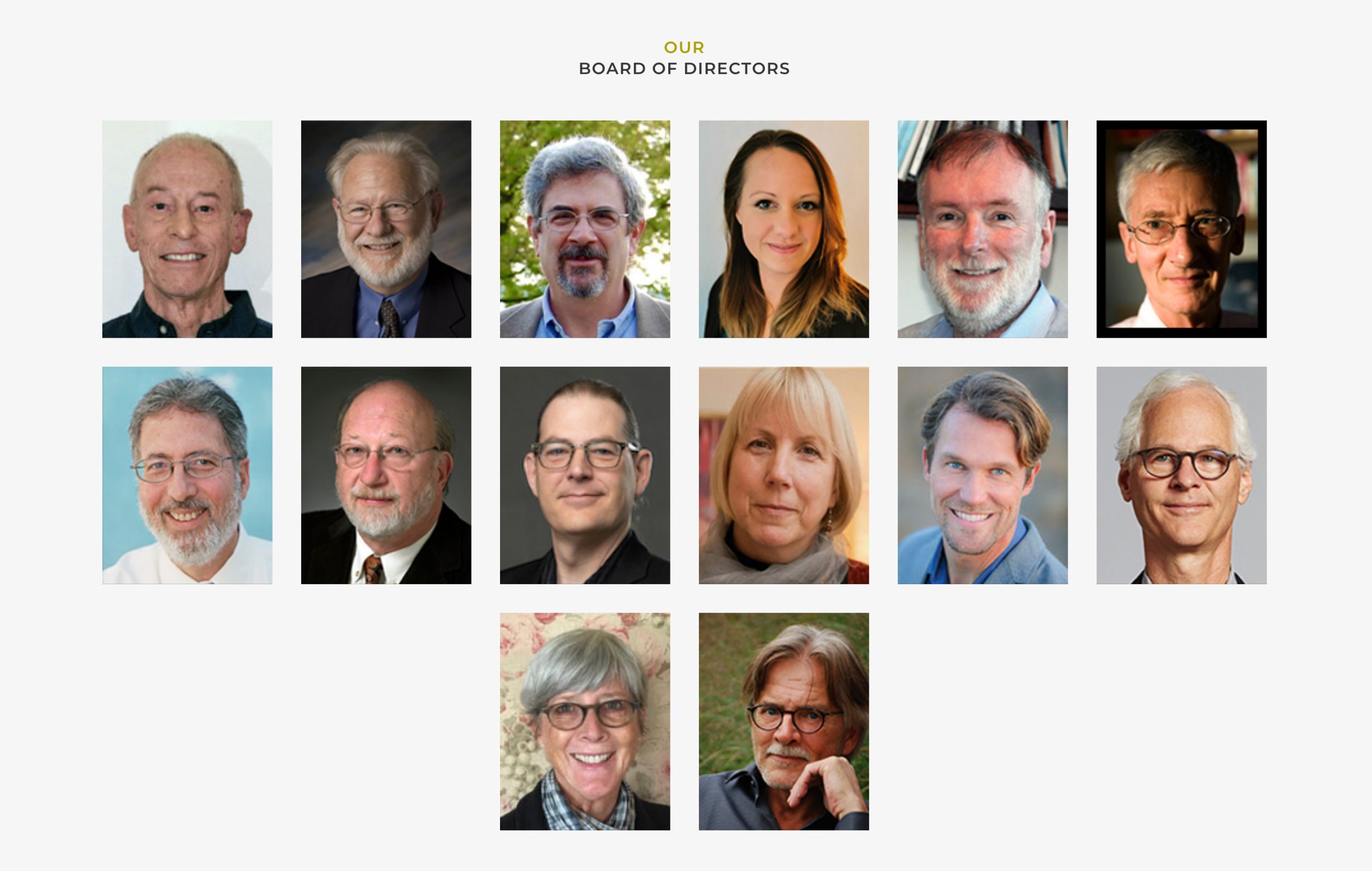27 Dec 2023 Newletter

2023 NEWSLETTER
THIRTY YEARS AND COUNTING!
Heffter supporters,
On September 25, 2023 we celebrated Heffter’s 30th birthday. You can see the list of the 156 research projects that have received Heffter funding since then here. As of 2020, Heffter-affiliated researchers accounted for 63% (17 of 27) of the top-cited articles on classic psychedelics.
We wish to acknowledge the passing of Heffter Board member, Roland Griffiths, PhD, in October. We knew Roland for 16 years and will be feeling his loss for a long time. As most of you know, Roland was a leader in the current renaissance of psychedelic research. He had high standards as a scientist and published top quality experimental results. He served as a role model for numerous researchers in the field.
In happier news, we added three new members to the Board: Steven Grant, PhD, our Director of Research; Katrin Preller, PhD, our chief Scientist; and Charles Nichols, PhD, of the LSU School of Medicine, who is also President of the International Society for Research on Psychedelics and the son of Heffter founder and Vice-President, Dave Nichols. You can see the profiles of all the Heffter Board members by clicking below:
We’re currently funding two psilocybin treatment studies, one for Opioid Use Disorder and the other for the quality of life in patients in hospice care. We are also supporting a study of LSD for treatment of chronic back pain in patients who misuse opioids. The project to create a psychiatry fellowship program in psychedelic research and practice at Yale, Johns Hopkins and NYU is finishing this year. This will be the first formal educational program on psychedelics for psychiatrists, and includes programs for other medical practitioners, too.
We have already funded pilot studies and small clinical trials for the main clinical indications for psilocybin treatment: depression; Obsessive-Compulsive Disorder (OCD); addictions to tobacco, alcohol, cocaine, and opioids; and headaches. Now our strategic focus is to expand the number of psychedelic researchers.
Two years ago, we created the New Investigator Program for scientists who want to begin a career in psychedelic research. We have funded six research projects and eight grants for new researchers to travel and present their data at scientific meetings. Heffter remains the only organization actively promoting support for new psychedelic investigators.
That mission has become critical this year with the new interest in Congress to support more Federal funding of psychedelic research. A bipartisan caucus to support this mission has formed in the House of Representatives. A $10 million appropriation for psychedelic research to treat post-traumatic stress disorder (PTSD) and traumatic brain injury (TBI) in active-duty servicemembers was just signed into law as part of this year’s National Defense Authorization Act (NDAA). But to successfully compete for Federal research grants with psychedelics, researchers must first gain experience doing psychedelic research, and that’s what our New Investigator Program is designed to do.
There are many discoveries yet to be made with psychedelics. Unforeseen psychedelic effects have been found in the past few years, most notably psychedelic neuroplasticity and—in Charles Nichols’ lab—the discovery that microdoses of psychedelics can block inflammation.
And now, we have a very important appeal to make to you.
We are asking you to support the New Investigator Program to expand psychedelic research, and you can make tax-deductible donations here. A small pilot study eventually can lead to an NIH grant of millions of dollars. The first two NIH psychedelic treatment grants of about $500,000 and $5,000,000 were awarded to researchers to follow their initial Heffter funded projects on the treatment of OCD and smoking addiction. The grants to new investigators are $50K-$150K for one- or two-year research projects, which can be leveraged into many times those amounts with Federal grants.
Thanks to all of you who have supported us over the years and continue to do so,
![]()
George Greer, MD, President
Heffter Research Institute


